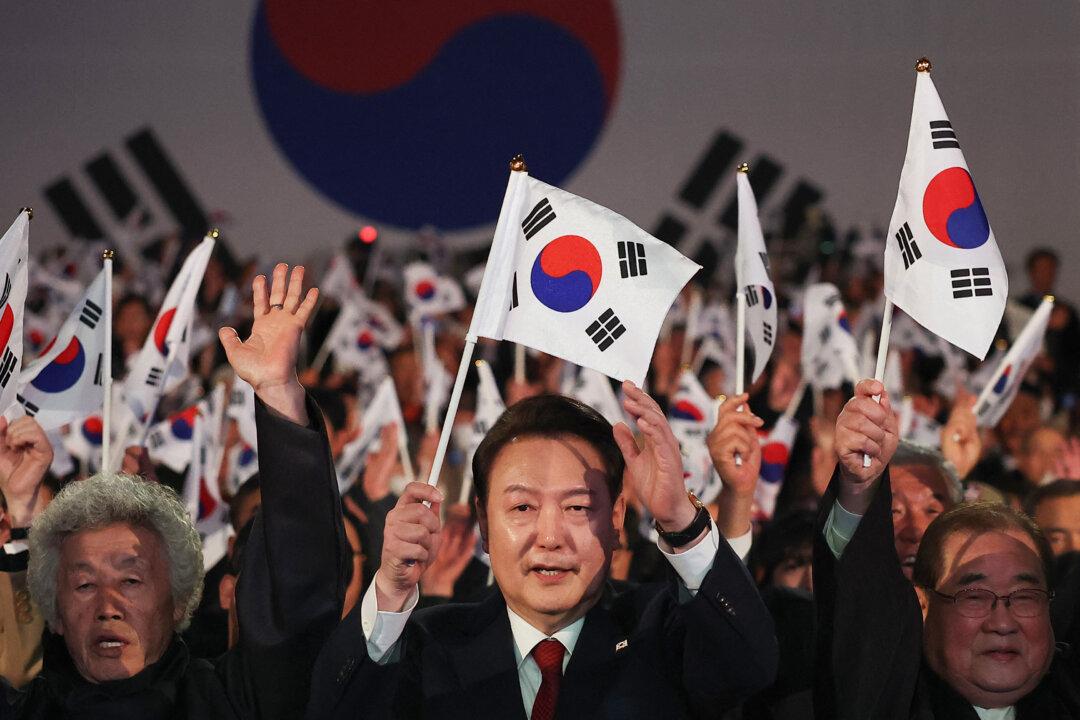News Analysis
YAOUNDE, Cameroon—South Korea has become the latest country to join the “Africa Plus Summits” club—a name used to describe gatherings by global powers to win friends and influence people across Africa.

YAOUNDE, Cameroon—South Korea has become the latest country to join the “Africa Plus Summits” club—a name used to describe gatherings by global powers to win friends and influence people across Africa.